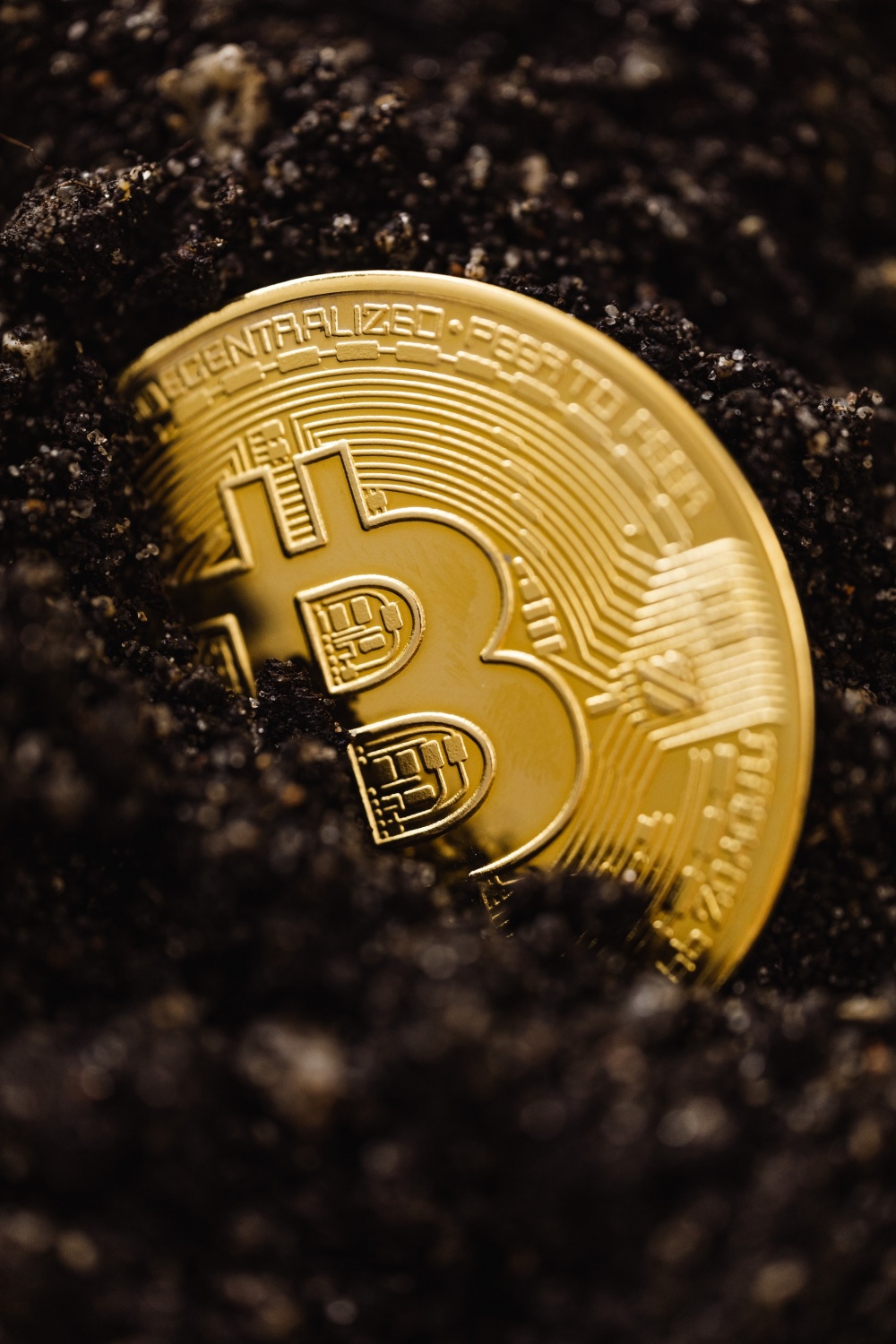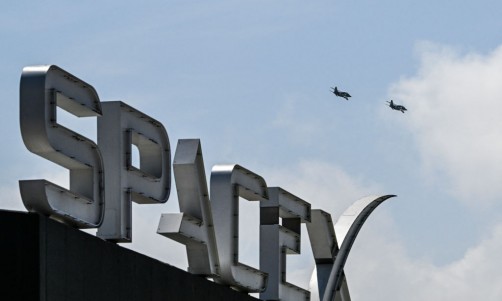When breaking down the cost to mine a bitcoin, you have to consider the many components of which parts of mining supply chains require a lot more than a mere monetary investment. Platforms like Bitcoin Loophole have been ruling the bitcoin trading industry by providing beginners with the best-in-class trading strategies and tactics. On top of the hardware for mining, operational costs like electricity, computing power, difficulty, and hash rate also need to be considered. Bitcoin mining is not as easy as it seems, and the below-listed information will explore the possible costs. Next to the actual mining costs, there are also compliance costs, legal fees, and taxes.
The real question is; how much does it cost to mine a bitcoin?
That depends on how much you're willing to spend. The more you're willing to spend, the more bitcoins you get. So, the basic answer is that it all depends on what kind of investment (in hardware and persons) you make into your mining operation.
According to the current statistics led by experts, it's still profitable with a price of $8000 per bitcoin, but this number often fluctuates, with this price per one bitcoin reaching highs of $69000 in November 2021.
What drives the cost of bitcoin mining?
The cost of mining bitcoin is challenging to calculate because:
1. involves numerous factors;
2. Depends on the location and type of operation (small, prominent);
3. varies over time due to difficulty changes in mining;
4. Has several other influencing factors such as investment in power, supply chain relationships, and the overall demand for bitcoin
In essence, the cost of actively mining bitcoins is, on average, $8570 per hour, which is quite expensive. When you look at a profit by mining calculators, you can only expect a return after an investment in the hardware of about 12 months with $8000 per bitcoin at one given point, regardless if you calculate costs for cooling and electricity or not.
Electricity cost majorly impacts the mining cost of one bitcoin:
The cost of utilizing electricity can be as high as 12.5 to 13.0 cents per kWh in some locations (United States, China, and Japan) and as low as 6 to 7 cents per kWh in others, depending on the energy source (solar, wind, coal or hydro) and the availability of power sources.
The bitcoin network consumes about 112 Terra watts per hour of electricity at a time when only 1 MW is required by all the electronic components in the network. Hence this demand is additional and increases the cost of mining bitcoins by roughly 35-40% compared to other existing cryptocurrency networks.
Bitcoin Mining hardware decides the cost of mining one bitcoin:
Mining hardware is the core of a bitcoin mining farm because it is the one that converts your computational power into Bitcoins. The difficulty and profitability of mining depend on how hard work is needed to solve blocks and which hardware is used to do this. Usually, block reward charts will give you a better idea of the cost involved in mining bitcoins by using different hardware platforms.
Computing power has to be invested to earn bitcoins; they need much less effort, electricity, and time. Bitcoin mining hardware is popular as ASICs, and in no time have they disrupted the viability of graphic processing units in the bitcoin mining ecosystem. Therefore, the more potential and energy-efficient bitcoin mining hardware you choose for the venture, the lesser it will consume electricity and the lesser it will cost to mine bitcoin.
Difficulty in the bitcoin mining ecosystem:
After the 2017 bitcoin halving, the first block reward was cut down to 12.5 BTC, making it less attractive for miners to continue to mine bitcoins, but as the reward was halved, the spot value of bitcoin appreciated by an extreme, and this boosted profitability of bitcoin mining again.
In short, the cost of mining a single bitcoin might have increased dramatically, but the profitability of bitcoin mining is still balanced out by its massive surges in the past few years. The exception surges in the value of bitcoin balancing out the profitability of bitcoin mining are skyrocketing market adoption of bitcoin, decreasing supply of BTCs thus making bitcoin scarcer and appreciating its demand as well as deployment of new technologies making it more scalable.
Closure:
Bitcoin mining is one of the most crucial assets in any crypto-currency ecosystem because it determines the security and trustworthiness of the blockchain. Mining hardware has been made more accessible to a broader population so they can join in on the game. Still, many serious and professional investors are deterred by the high electricity costs and capital investments into bitcoin mining hardware.
The time investment and added costs (legal fees, compliance costs, taxes, and transaction fees) in entering into bitcoin markets are also deterring and could be considered a barrier to entry for new players interested in entering this growing market.















